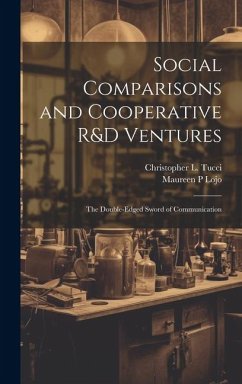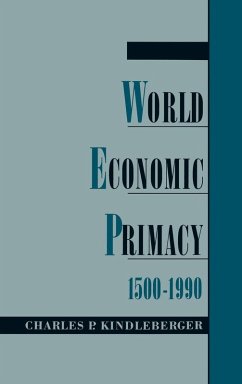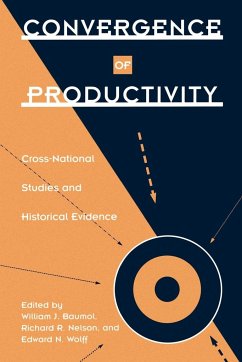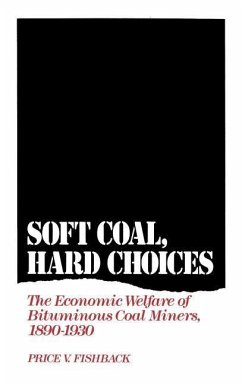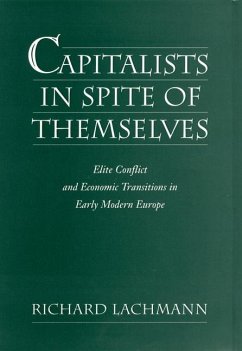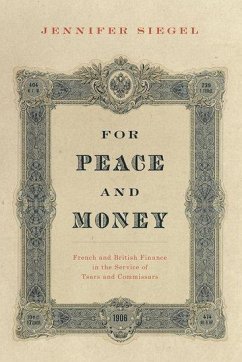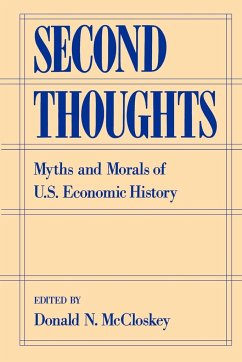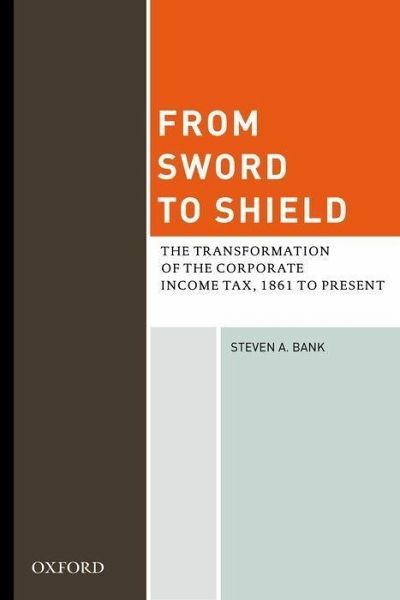
From Sword to Shield
The Transformation of the Corporate Income Tax, 1861 to Present

PAYBACK Punkte
64 °P sammeln!
The U.S. corporate income tax - and in particular the double taxation of corporate income - has long been one of the most criticized and stubbornly persistent aspects of the federal revenue system. Unlike in most other industrialized countries, corporate income is taxed twice, first at the entity level and again at the shareholder level when distributed as a dividend. The conventional wisdom has been that this double taxation was part of the system's original design over a century ago and has survived despite withering opposition from business interests. In both cases, history tells another ta...
The U.S. corporate income tax - and in particular the double taxation of corporate income - has long been one of the most criticized and stubbornly persistent aspects of the federal revenue system. Unlike in most other industrialized countries, corporate income is taxed twice, first at the entity level and again at the shareholder level when distributed as a dividend. The conventional wisdom has been that this double taxation was part of the system's original design over a century ago and has survived despite withering opposition from business interests. In both cases, history tells another tale. Double taxation as we know it today did not appear until several decades after the corporate income tax was first adopted. Moreover, it was embraced by corporate representatives at the outset and in subsequent years businesses have been far more ambivalent about its existence than is popularly assumed. From Sword to Shield: The Transformation of the Corporate Income Tax, 1861 to Present is the first historical account of the evolution of the corporate income tax in America. Professor Steven A. Bank explains the origins of corporate income tax and the political, economic, and social forces that transformed it from a sword against evasion of the individual income tax to a shield against government and shareholder interference with the management of corporate funds.




